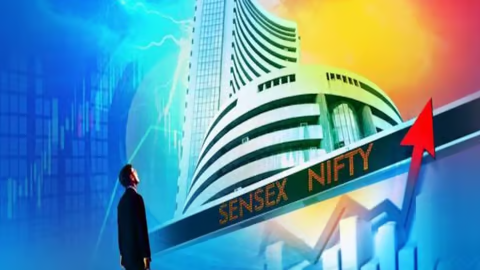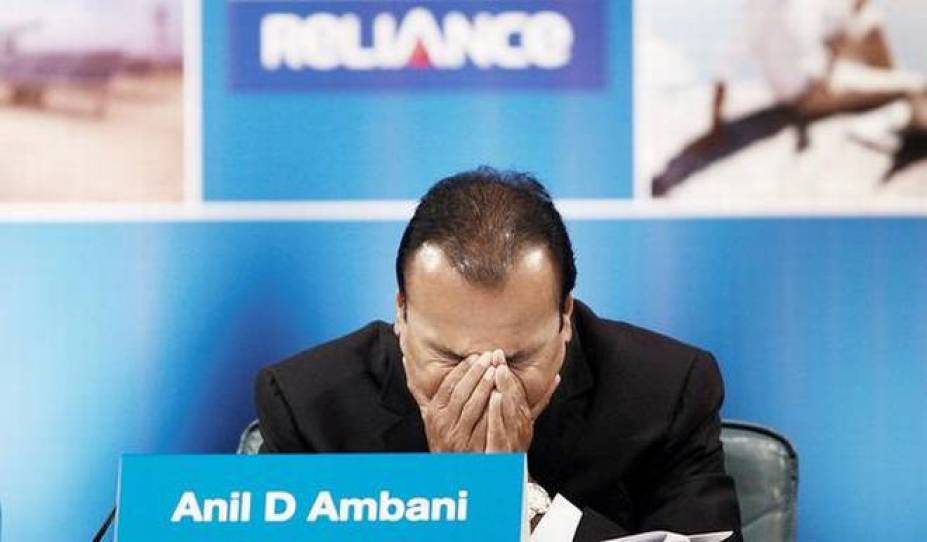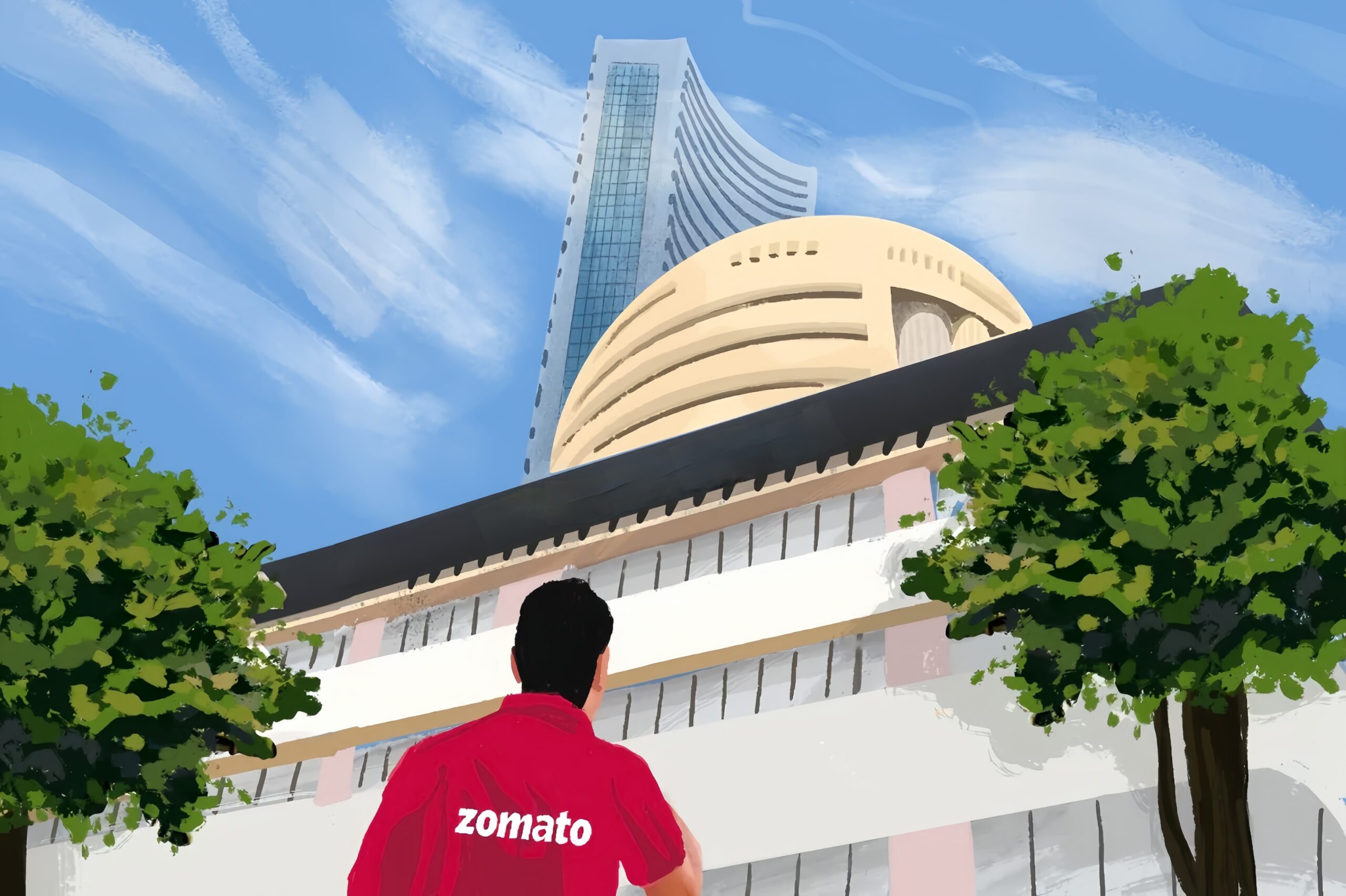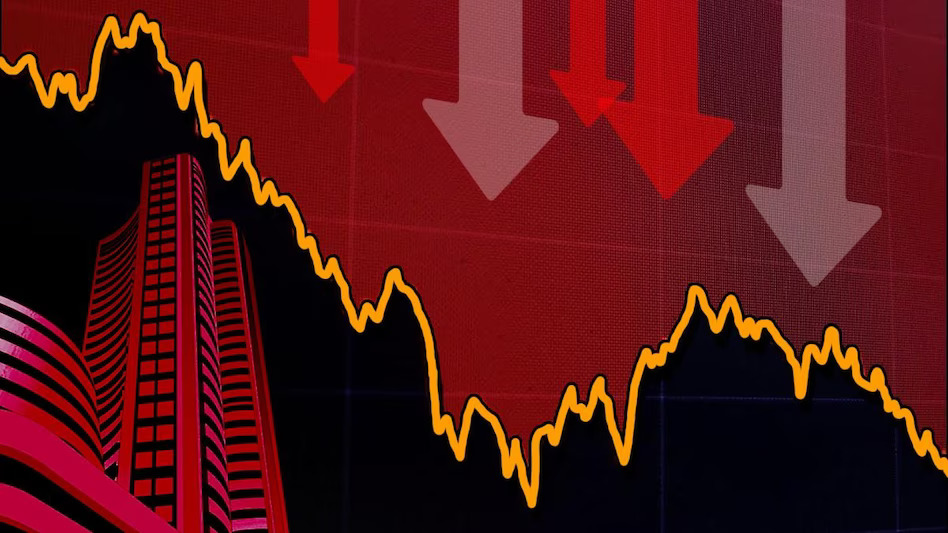After the company announced on Friday that it had inked a memorandum of understanding (MoU) with Patel Engineering, shares of Rail Vikas Nigam surged by more than 3%.
According to RVNL, the primary goals of the MoU are to collaborate and provide a supportive environment in order to realise synergies in the domains of hydropower and other infrastructure projects.
The business recently defeated Southern Railway to get the lowest bid (L1) on a project worth more than ₹111.38 crore. The directive must be carried out, according to RVNL, within 18 months.
RVNL said earlier this month that it and Dhaya Maju Infrastructure (Asia) Sdn Berhad (DMIA) had inked an agreement. The main goal of the Memorandum of Understanding, according to the business in an exchange filing, is to specify the terms and circumstances under which RVNL and DMIA may cooperate to jointly participate in railway infrastructure and services projects in the ASEAN market and other regions.
According to the company, building a manufacturing base in Malaysia for railway carriages and other railway items will receive particular attention in order to meet the expanding demand of ASEAN nations.
In July, RVNL also received a number of orders. The company said that, under the revised reforms-based and results-linked distribution sector scheme, it had emerged as the lowest bidder (L1) for the building of distribution infrastructure in the central zone of Himachal Pradesh.
Additionally, the company was given a letter of acceptance by South Eastern Railway for the design, supply, installation, testing, and commissioning of 132 kV traction substations, sectioning posts, and sub-sectioning posts on the Chakradharpur division of South Eastern Railway’s Rajkhaswan-Nayagarh-Bolani section.
Meanwhile, operations’ revenue fell 27% YoY to ₹4,073.80 crore in the first quarter of the fiscal year 2025. The total revenue was ₹4,336.75 crore, a 26% YoY decline. YoY, net profit dropped by 35% to ₹224 crore.
Since the start of the year, shares of RVNL have increased by more than 228%. In the past year, the stock has increased by almost 365%.









